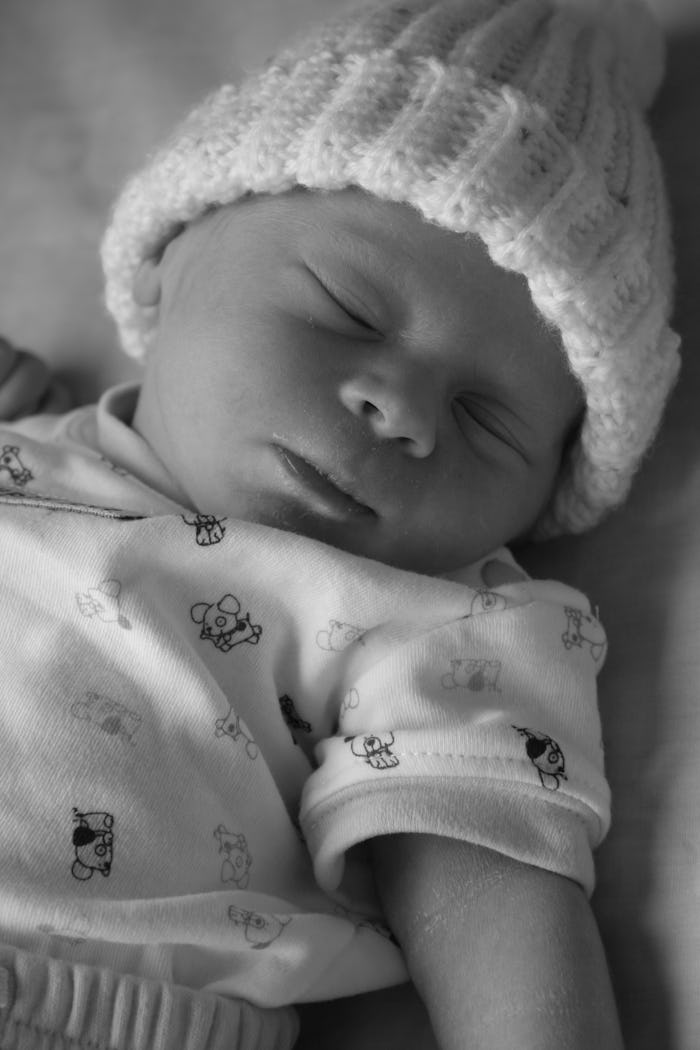Getting diagnosed with HPV can be a scary moment that unleashes a thousand questions. But if you’re planning on having a baby in the future, then you’re certainly wondering if you can pass HPV on to your baby. And what exactly would that entail?
According to the Centers for Disease Control and Prevention (CDC), the human papillomavirus (HPV) is a virus transmitted through intimate skin-to-skin contact that “is so common that nearly all sexually active men and women get it at some point in their lives.” So on one hand, getting HPV is extremely common. The CDC warns, however, that some strains of the virus can “lead to cancer, especially cervical cancer.” This information would make any future mother worry.
To make matters more complicated still, you may have the virus and not even realize it. “In many cases, HPV causes no symptoms,” according to the Cleveland Clinic. In some people, however, the virus does present one clear symptom. Again, the Cleveland Clinic notes that the “most common symptom is warts in the genital area. Signs of infection can appear weeks, months, or even years after the person has been infected with the virus.” The lack of symptoms, as well as the amount of time the virus can hang around in your system, makes HPV especially disturbing. But what are the actual odds of your baby getting the virus from you?
"It’s pretty common to carry HPV while pregnant," Heather Weldon, and OB-GYN, told Fit Pregnancy. "For the vast majority of affected moms, it doesn't present any risk for the fetus during pregnancy or at the time of delivery." Even if you've had a Pap smear that indicates you carry the virus, chances are you and your baby will be fine. If you're concerned about pregnancy, then having a conversation with your physician about your individual risk factors is a good idea.
What about the women who have contracted the strain of HPV that causes genital warts? "If you have the strain of HPV that results in genital warts while pregnant, it is not likely to affect the health of your baby," according to the American Pregnancy Association (APA). And in the worst case scenario, the APA notes that there, "are some rare cases where the mothers have passed on the HPV that causes warts to their unborn baby, but the baby is usually able to overcome the symptoms on his or her own or through early medical intervention by the doctor." Again, keeping all of your doctors aware of your virus, and talking about any concerns, is one way to mitigate your kid's chances of catching it.
Because the virus is passed through skin-to-skin contact, if you have a current outbreak of warts then this may be a concern when it comes to childcare. "HPV can also be transmitted through nonsexual contact between a child and a caregiver — for instance, while giving a child a bath or changing a diaper," says Kids Health. Working with your physician to find treatment is a good idea.
